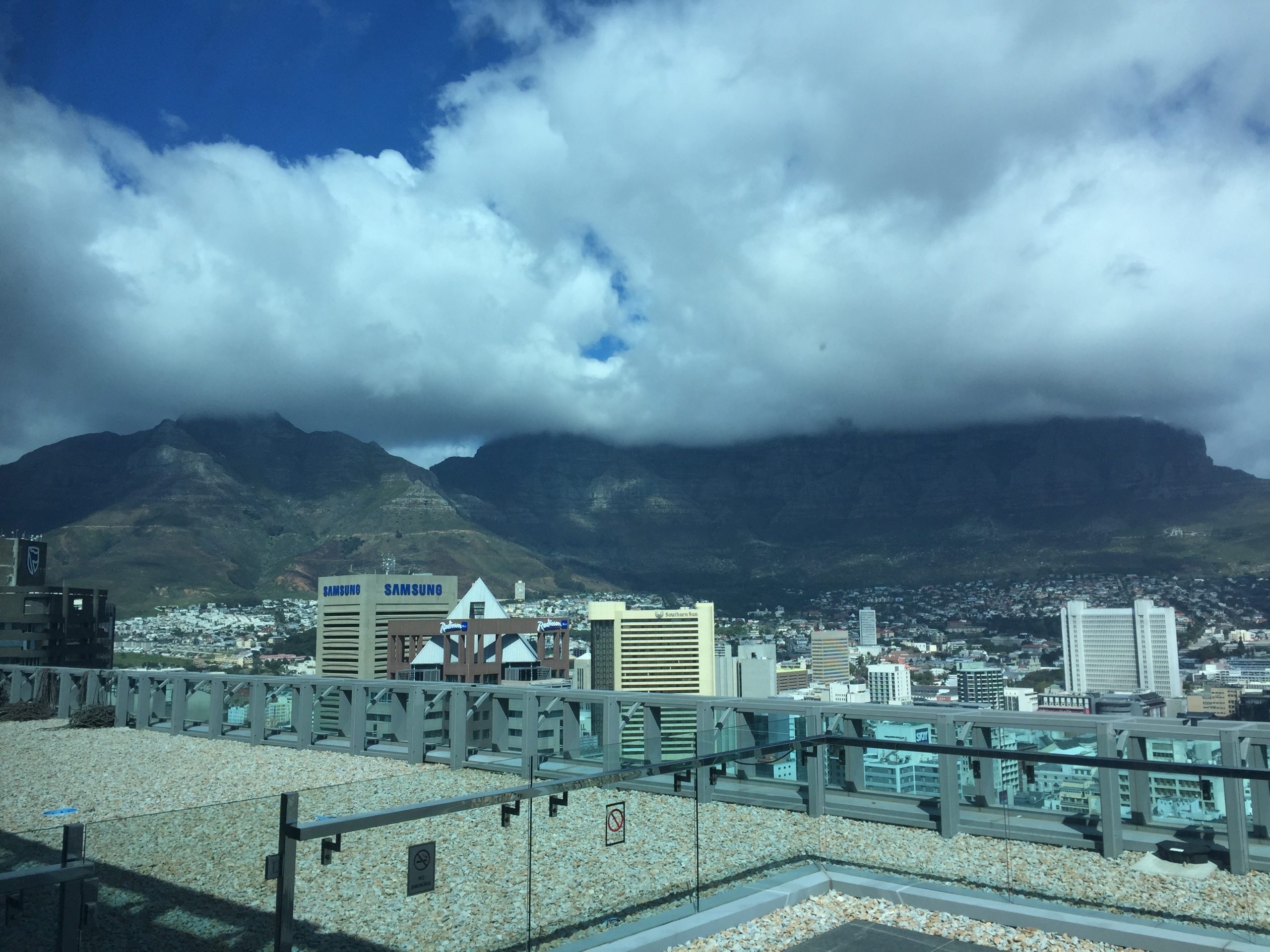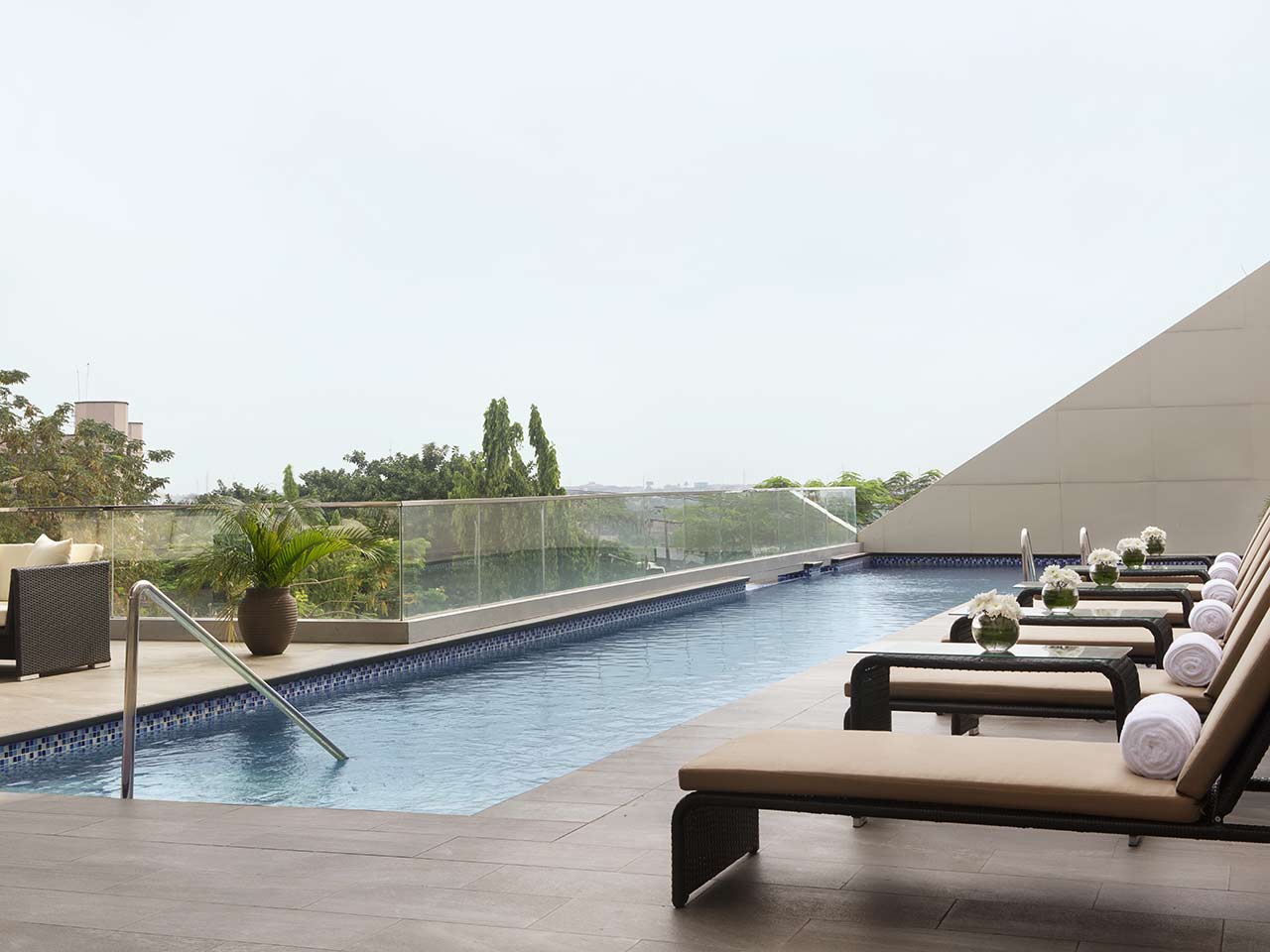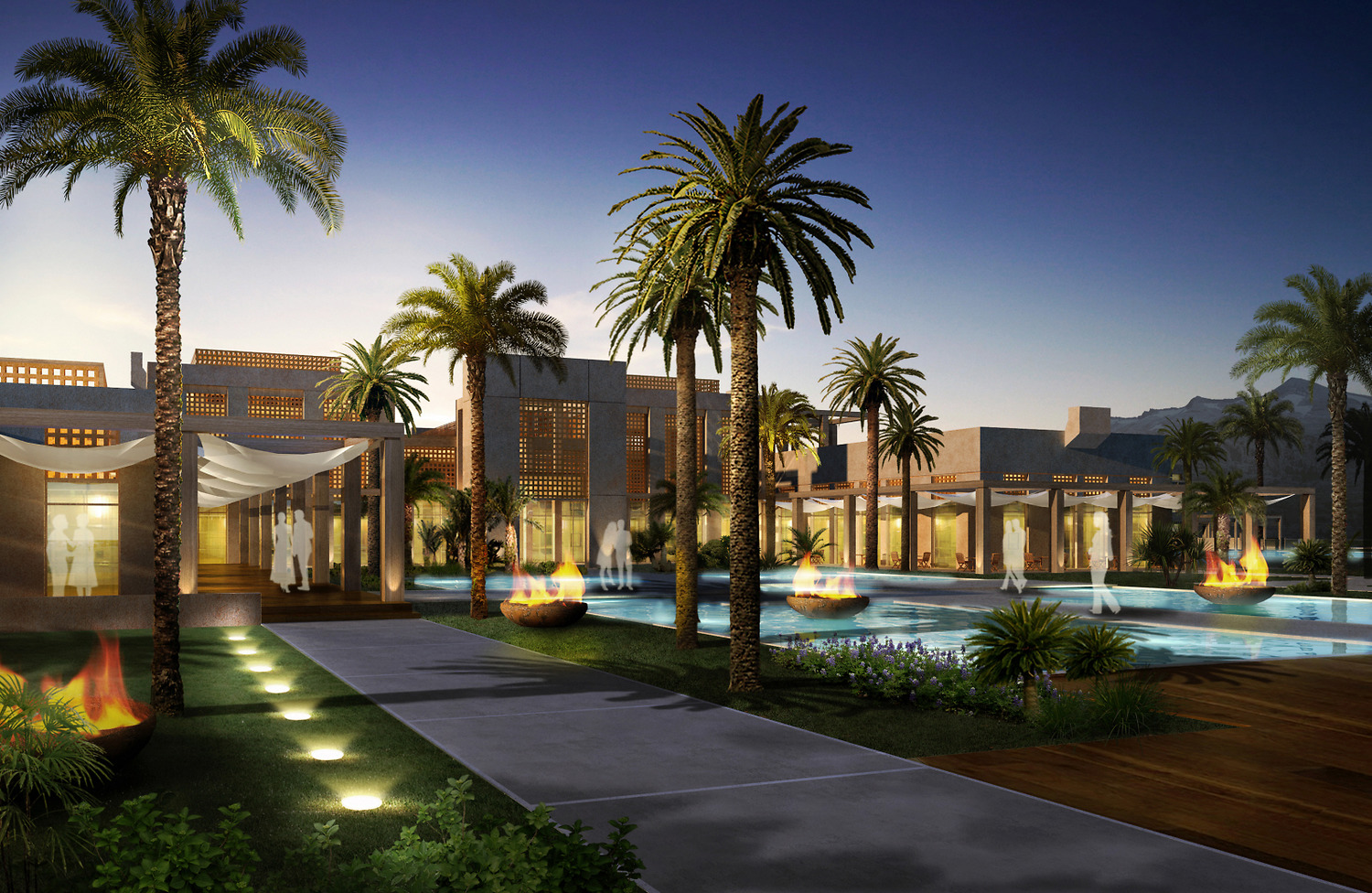THINC Africa 2017 - Day Two
Research . 6 years ago
Aha Hotels
BON Hotels
cape town
Dexter Moran
Guy Stehlik
HVS
mozambique
Neil Bald
THINC Africa

Share this post
Subscribe to our newsletter
The second day of THINC Africa commenced with a discussion of the global hotel market context, presented by Stephen Rushmore Jr (CEO, HVS). Key takeaways from this session were that hotel investors, lenders, and management companies have become more sophisticated in their investing, thus reducing the volatility of previous periods. Hotels have also become less…
The second day of THINC Africa commenced with a discussion of the global hotel market context, presented by Stephen Rushmore Jr (CEO, HVS). Key takeaways from this session were that hotel investors, lenders, and management companies have become more sophisticated in their investing, thus reducing the volatility of previous periods. Hotels have also become less risky investments that will attract long-hold investors who are “prepared to wait eight to 10 years” for their investments to yield the required values. In addition, market performance data has helped determine that the activities of Airbnb pose no significant impact to the hotel industry.
Following this session was the launch of the African Hotel Valuation Index presented by Laura Dutrieux (Junior Consultant, HVS Cape Town). Growth opportunities identified by the team included the continued growth of African airlines such as Kenya Airways, which just got approved for direct flights to the United States; while the challenges included known issues such as the unaffordability of travel, buttressed by the lack of low cost carriers in many African markets; inaccessibility of many African destinations; the challenge of securing visas (though some countries like Mozambique and Nigeria have introduced visas on arrival); and the issues of security and tourism promotion. Maputo was a standout on the index, with a 133.5% increase in value in 2016, after posting a 20.1% drop in value in 2015. This success is largely attributable to government intervention, increased tourism promotion, and the availability of the visas on arrival for foreigners.
The session on Finance and other Challenges in Africa was moderated by Kura Chihota (MD, Leapfrog Commercial Properties & Chief Property Investment Officer, National Social Security Authority of Zimbabwe). Panelists included Brian Singer (CEO, The Singer Group), Tim Smith of HVS and Sisa Ngebulana (CEO, Rebosis and Billion Group). One of the notable issues discussed was the lengthy development period in many African markets – the average time to build a hotel in Africa is six years. Additionally, conversions of existing real estate can be costly on capital expenditures, both in terms of funds and time. The availability of resources are an ongoing challenge, however being able to leverage local skills and resources, such as woodworking, the abundance of timber and so on can assist in tackling these challenges.
A round-table discussion on Mozambique highlighted some of the commitments its government is undertaking to develop the country’s tourism industry. The internal challenge of aerial domestic travel is being tackled by opening up the airspace to external airlines. Currently airlifts into the country are operated by airlines including African carriers such as Ethiopian Airlines, TAAG Angolan Airlines, South African Airlines, Kenya Airways, and non-African carriers like Turkish Airlines, TAP Portugal, and Qatar Airlines. The reasons to visit Mozambique include its vast national parks, environment conservation incentives, marine-protected and terrestrial areas, nature-based tourism, rich local cuisine, and the music.
The ‘Local is Lekker’ session was a spirited discussion on the growth of the smaller, independent hotel industry in South Africa. ‘Local is Lekker’ is a popular South African slogan that generally means anything produced locally is best. The panelists were Neil Bald, (MD, Aha Hotels & Lodges) and Guy Stehlik (CEO & Founder, BON Hotels). The panel was moderated by Tshepo Makhudu (Senior Consultant, HVS Cape Town). Stehlik, in his presentation, mentioned that BON currently had 20 signed hotels, in the three-and four-star segments, with 80 to 150 guestrooms, under a lease or management structure (the lease agreements have proven to be more difficult to deal with, and the company would be steering away from that structure in future agreements). The company has 12 hotels in Nigeria, and has achieved a strong conversion rate of its pipeline thus far. Stehlik cited that its success in the market is attributable to its reliance on local expertise and partners, and its local presence. In a wider context, Stehlik stressed the need for consolidation of the local players to compete more effectively with the larger players, citing that South Africa had 78 hotel groups with 984 hotel properties. In his words, the mid-market segment is getting too crowded, especially with the international operators beginning to introduce their mid-market brands. Bald agreed with Stehlik’s call for consolidation of the regional operators.
The last session of the day before the closing reception was a session on Design and Development with Dexter Moran (Founding Director, Dexter Moren Associates), Thierry Giannone (Director, Profica), and Evert Lategan (MD, Integrated Solutions). The panel was moderated by Rishabh Thapar (Senior Consultant, HVS Cape Town). Moran stressed the need for more “African-proof” design standards to be incorporated in hotel development. He added that the brands are becoming more flexible in adapting to local standards without compromising brand standards. In addition, hotel demand is looking for more authenticity, attention to local design – moving away from the cookie-cutter experience – and hotel owners and operators would do well to pay attention to changing tastes. This also opens up opportunities for the local market to not only partake in hotel development activities, but also benefit from trading opportunities with the hotel and its guests.
In all, THINC Africa 2017 was a worthy alternative to some of the larger hotel conferences on the continent. The size is deliberately kept small and intimate to better facilitate more in-depth discussion of challenges and successes that are faced and achieved in the African hospitality industry. There was ample time given to each panel session – on average 35 minutes – which allowed for a deep delve into the topics, plus opportunities for audience contribution. There were multiple networking opportunities built into the program to facilitate strong business connections.
Some takeaways from the event include:
- The increased focus that some African tourism boards are placing on developing domestic and regional tourism.
- Mozambique is open for business, specifically investment in its tourism opportunities.
- Hotel management contracts continue to be an area of contention between hotel owners and operators. There will be increased balance on both sides, especially as hotel owners become more sophisticated and institutional in structure.
- Hotel investments will be perceived as less risky investments, and as investors become more sophisticated there will be more long holds of hotel investments.
- Cross-border investments will becom more commonplace, but this is also dependent on the openness of governments to foreign investment.
- The common African challenges of accessibility, visas, infrastructure, corruption, difficulty in doing business, etc. are being slowly being addressed but more needs to be done to encourage both domestic and foreign investment.
- The consolidation in the industry that has been been achieved with the larger global operators will likely continue with smaller, regional players also joining the fray.
- Hotel operators have traditionally focused their African development efforts on their flagship, upscale brands, and are now seeing the market opportunity in developing their midscale hotel brands.
Related News
You will find these interesting

Research . January 03, 2018
Avalon Intercontinental
BON Hotels

Research . October 06, 2017
Addis Ababa
Algiers

Research . September 18, 2017
Abidjan
Addis Ababa
